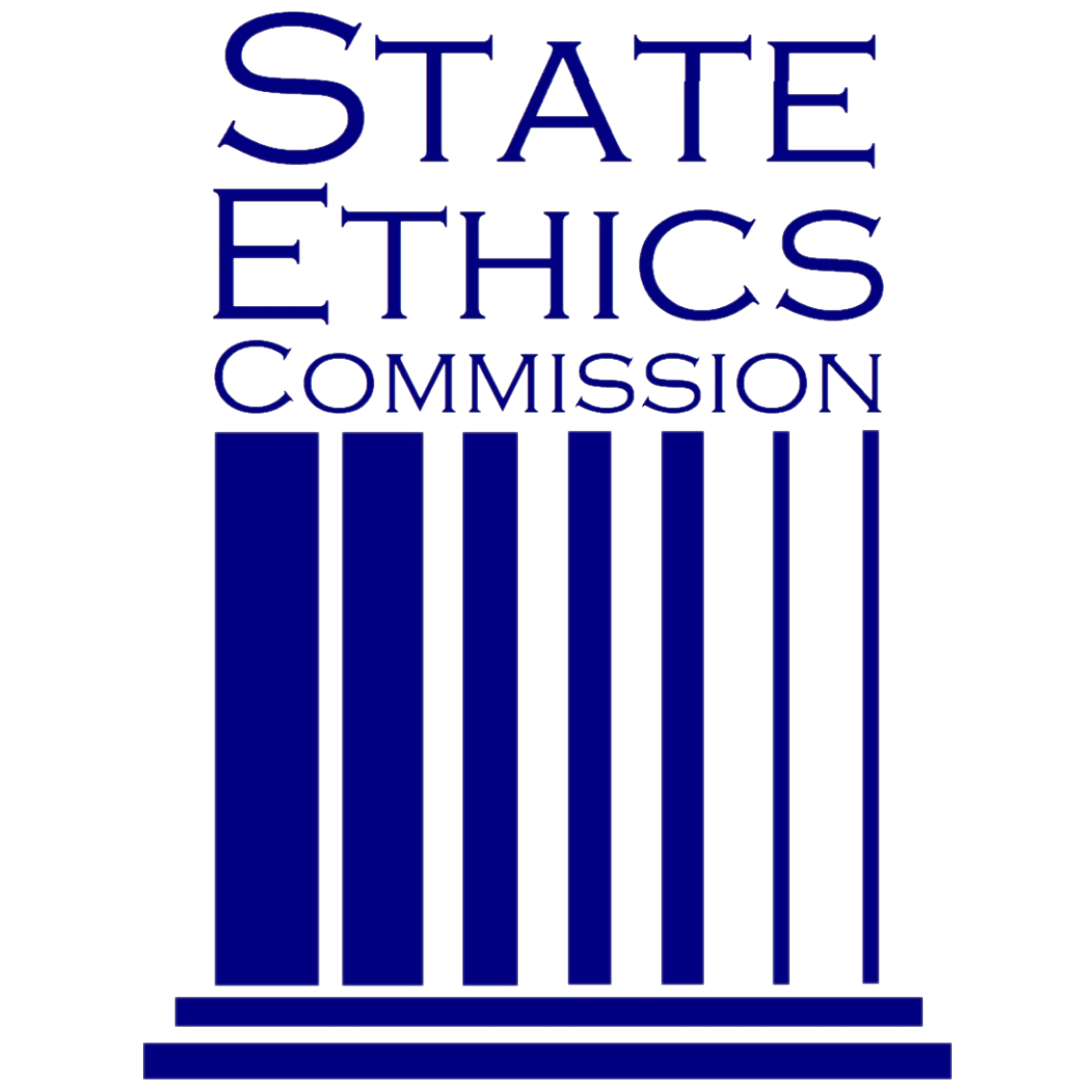- David A. Wilson, Executive Director
Media Contact
Gerry Tuoti, Public Information Officer
Boston, MA — The State Ethics Commission issued a Public Education Letter today to Winchendon Planning Board Chair Guy Corbosiero after finding reasonable cause to believe Corbosiero violated the conflict of interest law by acting on behalf of a private company in connection with its application for a special permit to operate a retail marijuana facility in the town.
According to the letter, the Winchendon Planning Board is the granting authority for special permits to operate marijuana facilities in town and its members are special municipal employees. In June 2018, Corbosiero applied for a marijuana retail license on behalf of Toy Town Alternative Health, a private company he had formed with three partners.
The Commission found reasonable cause to believe Corbosiero violated the conflict of interest law when he acted as Toy Town’s representative in July 2018 by addressing the Board of Selectmen in support of Toy Town’s application and signing documents on behalf of Toy Town in connection with a Host Community Agreement between Winchendon and the company. The letter explains that, while Corbosiero did not participate as a Planning Board member in matters involving Toy Town, his private actions on behalf of Toy Town nonetheless violated the conflict of interest law’s prohibition against municipal employees privately acting on behalf of anyone other than the municipality in connection with matters involving the municipality. The purpose of this prohibition is to prevent municipal employees from dividing their loyalty between their public employer and private parties.
The letter states that Corbosiero filed a disclosure with the Board of Selectmen detailing his involvement with Toy Town and its application, disclosing that Toy Town would appear before the Planning Board in connection with its application, and stating that he would not participate as a Planning Board member in any matter involving Toy Town or retail marijuana. The Board of Selectmen raised no question at that time about Corbosiero privately acting on behalf of Toy Town in connection with its special permit application, according to the letter.
The Commission seeks to correct a common misunderstanding of the conflict of interest law and ensure that municipal employees understand that they may not act as agent for a private party in any matter involving the municipality even when they do not participate in and stay completely out of the matter in their official capacity. The letter explains that this prohibition applies to special municipal employees when they have official responsibility for the matter as Corbosiero did for marijuana retail licenses as a Planning Board member.
The Commission chose to resolve the allegations against Corbosiero through the issuance of the Public Education Letter rather than through adjudicatory proceedings because it determined that the public interest would be better served by publicly discussing how the conflict of interest law applies to Corbosiero’s alleged actions. Corbosiero agreed to resolve the allegations with the Public Education Letter and waived his right to a hearing before the Commission. The Commission expects that the letter will provide public employees in similar circumstances with a clearer understanding of how to comply with the law.
The issuance of the Public Education Letter is the second public enforcement action the Commission has taken concerning Corbosiero. In an unrelated matter, Corbosiero entered into a Disposition Agreement with the Commission in 2010 and paid a $2,000 civil penalty for violating the conflict of interest law by participating as a Planning Board member in a matter in which a member of his immediate family had a financial interest.
The Commission encourages public employees to contact the Commission’s Legal Division at 617-371-9500 for free advice if they have any questions regarding how the conflict of interest law may apply to them.
###
